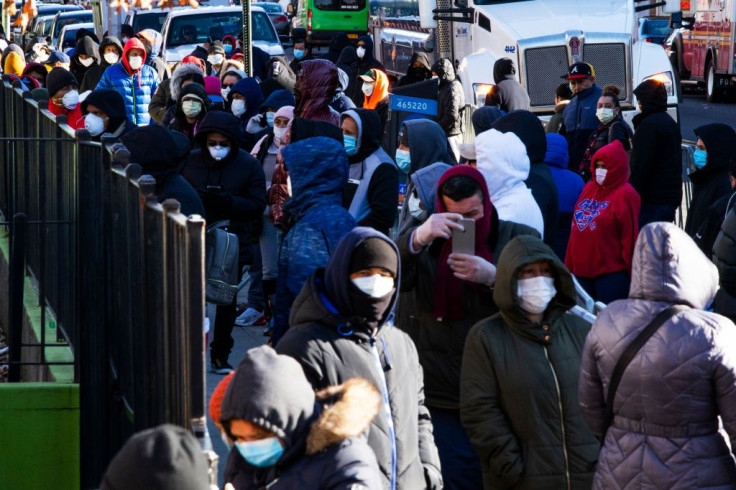
As governments around the world are beginning to consider issuing “immunity cards” to people who have recovered from COVID-19, assuming that they have developed immunity against coronavirus and thus are safe to return back to work, the WHO has warned against it.
The institution shared that there is no evidence that recovered patients of COVID-19 develop an immunity strong enough to fight off a second infection if they were to neglect all safety measures.
Countries like the U.S. are planning on testing patients for antibodies against coronavirus and subsequently giving them "immunity passports" or "risk-free certificates" allowing them to go back to work and travel as under the assumption that they have garnered forever immunity.
The World Health Organization is not in favor of this idea. "There is currently no evidence that people who have recovered from COVID-19 and have antibodies are protected from a second infection," the organization noted. This will not only put the said person going out under the hope that they are safe but also put others in danger.
The WHO recently released a brief, noting that while studies of coronavirus antibodies among specific groups like health care workers are needed, the plan of handing out immunity cards to patients taking an antibody test is still lacking a solid base of evidence.
"At this point in the pandemic, there is not enough evidence about the effectiveness of antibody-mediated immunity to guarantee the accuracy of an 'immunity passport' or 'risk-free certificate,'" the brief reads. "People who assume that they are immune to a second infection because they have received a positive test result may ignore public health advice. The use of such certificates may, therefore, increase the risks of continued transmission."
Normally, in other virus-related diseases, the pattern that has been observed is that after recovering from the disease, one develops antibodies making the person immune to the virus for the rest of their lifetime. But in the case of coronavirus, the theory appears to be a bit dicey because of reports like the ones from South Korea where 91 "recovered" patients, discharged from the hospital, later tested positive for coronavirus.
"We are aware of these reports of individuals who have tested negative for COVID-19 using PCR (polymerase chain reaction) testing and then after some days testing positive again," a WHO spokesperson said, adding that the organization is working to “get more information on those individual cases.”
© 2025 Latin Times. All rights reserved. Do not reproduce without permission.



